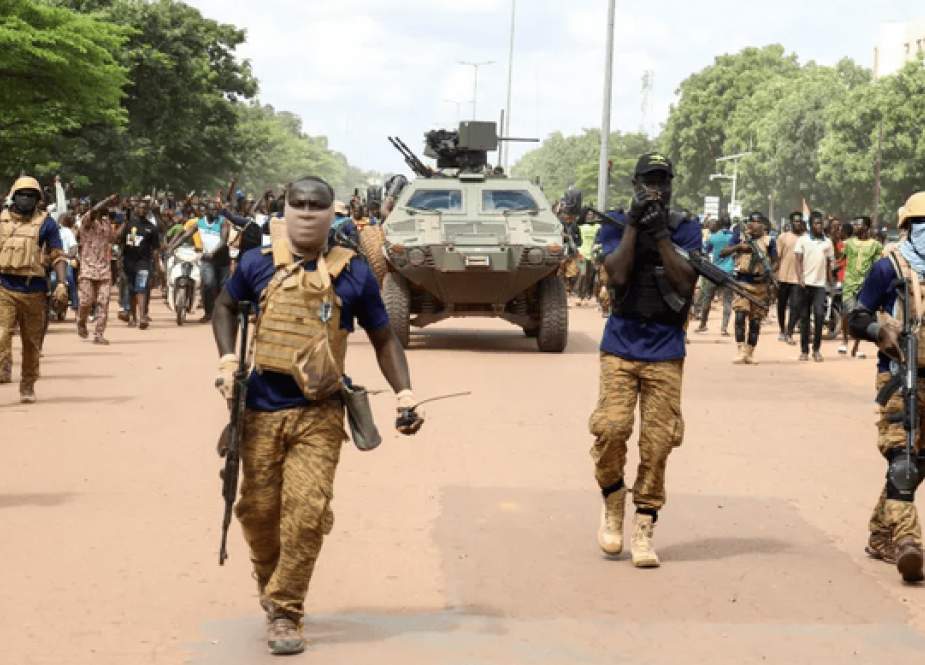Africa: 60 years, 200 coups.
For the past six decades, Africa has been like a continent in a cycle; governments change and leaders come and go, but the deep structures have remained largely unchanged, with states whose institutional foundations are still incomplete, societies that are moving along historical fault lines, economies in debt and collapse, and foreign powers whose influence extends beyond official borders.
In such a turbulent environment, military coups have played a decisive role in shaping the continent’s political landscape, Al Jazeera writes. Military governments have been a recurring experience, the military’s influence over politics has deepened, and the seizure of power by force of arms has become a constant feature of African political developments since the early 1960s. And now that the media and global attention have focused more on Sudan, the reality is that what happened there is not an isolated incident; Rather, it is part of a long-term crisis that has gripped Africa for nearly half a century.
200 Coups The latest wave of coups occurred in Mali (2020), Chad (2021), Guinea and Sudan (2021), Burkina Faso (2022), and Niger and Gabon (2023). This pattern revives the post-independence era, a period in which military coups were widespread and often led to non-mandatory changes in the power structure. From 1960 to 2023, about 200 coups were recorded in Africa, more than half of which were successful. In successful coups, the military was able to overthrow the existing government and install a new political system. The roots of a long-term crisis. According to a study published in the journal World Affairs on September 23, civil institutions in many African countries eroded before they had a chance to mature; As a result, they have failed to accommodate political diversity or manage internal rivalries peacefully. In such a vacuum, ethnic and social divisions that could have been part of a negotiated political process have become sparks that could flare up at any moment.
On the other hand, according to the study, economic crises—from inflation to unemployment to the decline in the quality of public services—infuriate people, make systems more fragile, and reduce their ability to withstand shocks. Recent coups in the Sahel countries of Mali, Burkina Faso, and Niger have once again highlighted the roots of this crisis across the continent. According to a report by the International Institute for Strategic Studies—Horn of Africa, these coups were not simply the product of domestic factors; Rather, they are the result of a complex interaction between geopolitical developments, the inability to combat terrorism, and the persistence of a neo-colonial mentality. “Ethnic divisions in African countries were not necessarily a natural phenomenon; rather, they were exacerbated by post-independence policies that relied on regional and tribal loyalties rather than building a comprehensive national identity. As for the economic crisis, Barasneh does not see it as a direct cause of the coup, but he says that these same crises accelerate the pace of collapse, especially when they coincide with weak institutions and public distrust. In such circumstances, the economy becomes an aggravating factor that exposes the fragility of the state and pushes the military to intervene in the name of “salvation.” According to him, foreign powers also play a dual role: sometimes they support and arm some parties, and sometimes they manage the scene from afar, through regional and international balances. But the result in both cases is the same: weakening the independence of national decision-making and making the path of state-building more complicated.

